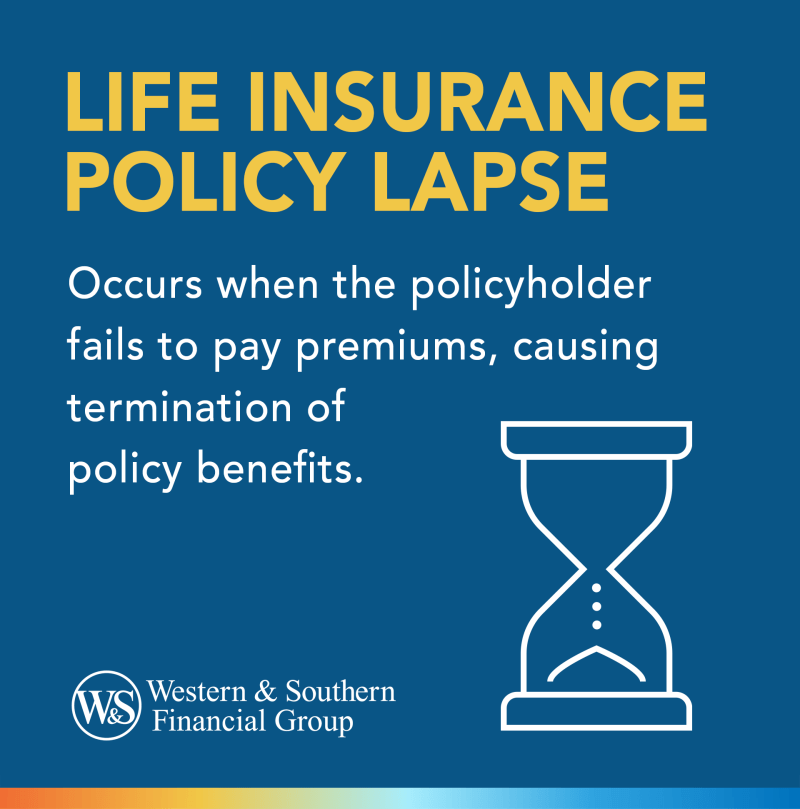Insurance Meaning In Accounting – There are many types of insurance and the main types are; Life insurance or personal insurance, property insurance, marine insurance, fire insurance, liability insurance and guarantee insurance. Insurance is classified on the basis of risk, type and danger.
Life insurance is different from other types of insurance in the sense that the subject of insurance is human life.
Insurance Meaning In Accounting
The insurer pays a certain amount of insurance at the time of death or within a specified time.
Current Liabilities, Provisions, And Contingencies
This insurance provides family protection in the event of premature death or provides a sufficient amount of old age when earning earnings.
Insurance is not only a form of protection but also a form of investment, as a certain amount has been returned to insured death or at the end of the policy.
Fire and marine insurance is strictly called property insurance. The machine, theft, confidence and insurance of the machine also include coverage to some extent.
The strictest type of liability insurance is fidelity insurance, whereby the insurer compensates for insured losses when they are liable for payment for a third party.
Why Prepaid Expenses Appear In The Current Asset Section Of The Balance Sheet
According to property insurance, the property of individuals is insured against certain risks. These risks may include fire, marine danger, theft, property damage and accidents.
The danger of the sea includes fighting with rocks or other ships, enemy attacks, fire and catching pirate. These dangers can lead to damage, destruction or disappearance of the vessel, goods and load.
Previously, only a few nominal risks were insured, but now marine insurance is divided into two parts: ocean marine insurance and domestic marine insurance.
Ocean marine insurance only covers the dangers of the sea, while domestic marine insurance covers the domestic hazards that may arise from the delivery of goods from the warehouse insured to the store of the Buyer.
What Is An Owner-controlled Insurance Program (ocip)?
In the absence of fire safety, fire loss will increase not only for individuals but also for society as a whole.
Fire insurance protects people from such losses, ensuring that their property, business or industry remain in a similar situation as before loss.
Fire insurance not only covers direct losses, but also provides the following losses, such as war risks, shocks and worries.
General insurance also includes liability insurance under which the insured has to pay for property damage or compensate for body injury or death.
Expenses In Accounting
This type of insurance can be seen in forms such as fidelity insurance, car insurance and engine insurance.
Social insurance provides protection for the weakest parts of society who cannot pay bonuses for appropriate insurance.
Personal insurance includes human life insurance, which can suffer losses due to death, accidents and disease.

Property insurance refers to the property of individuals and the public against loss of fire and marine danger. It also includes crop coatings against unexpected reductions, animals involved in business, machinery division and property theft and items.
Cost Accounting: Principles, Variants, And Career Guide
Guarantee insurance covers the losses arising from dishonesty, disappearance and disludicity workers or the other parts of the contract.
Party. For example, in export insurance, the insurer compensates for losses if importers do not pay their debts.
Examples of such insurance are export credit insurance, public employee insurance, etc., where the insurer guarantees payment in specific measures.
Accidents or theft can be secured with properties, items, cars, furniture, cars, value products, etc.
Afa Chapter-1-fire Insurance Claims
Each type of property has different forms of insurance that cover not only property insurance but also liability insurance and personality injuries.
Insurance plays a key role in the complex world of financial protection and risk management. The purpose of this comprehensive manual is to find out the difficult differences between different insurance contracts, with a particular focus on life, fire and sea insurance.
Life insurance contracts, which are certainty contracts, are compared to remuneration contracts generally related to property insurance.

We explore different aspects, such as events, subjects, premium dispersion, risk rating and more.
Difference Between Life Insurance And General Insurance
The event, death in life insurance is clear, but the only uncertainty is the time when death will occur.
The remuneration insurance measure (fire and maritime insurance) can take place above all or in part.
Life insurance is life. The possibilities of death will increase with age, whether they take precautions or not to improve health.
Life insurance risk classification is usually simpler than other insurance contracts. In the Life Agreement, it would be standard, subtitle and undeniable.
Reinsurance Definition, Types, And How It Works
The life insurance agreement provides protection against early death and loss of investment to meet the age requirement.
Other types of insurance do not provide investment because the premium paid will not be returned if unexpected cases (hazard) do not occur during this period. Other types of insurance only provide protection against property loss against insured hazards.
Fire insurance, which is a compensation agreement, is compared to life insurance, a certainty contract. We verify differences in terms of contract type, event creation, risk classification, insurance period, defense and investment elements and interest on the insured. This comparison helps clarify the unique features and applications of these two types of insurance.

Fire insurance is a compensation agreement when the loss is paid only when the fire occurred.
Chart Of Accounts
Life insurance includes an element of defense and investment because the amount paid for the bonuses provided in the last case, while fire safety is not possible for bonuses or amounts.
The interest insured on fire insurance shall be from the date of the proposal until the date of completion of the contract or expiry.
Let’s compare fire insurance and marine insurance, both of which are compensation contracts but serve for different purposes. Fire and marine insurance contracts are similar in most cases as both of these contracts are reward contracts
We analyze aspects such as moral threats, insured interest, profit and valuable policy. This comparison will provide a deeper understanding of these two types of insurance contracts, highlighting their unique characteristics and their specific conditions that apply.
What Is Coinsurance? How It Works, Examples And More.
In maritime insurance, moral hazards do not exist as much as fire insurance.
The insured interest shall be at the time of time and during the completion of the contract and after the completion of the contract. This is why fire insurance policies cannot be freely assigned.
The interest of the hazard in marine insurance should be during the loss. So maritime policy is given freely.

Fire insurance policies generally do not allow a certain profit rate during faults.
Net Premium Definition, Calculation, Vs. Gross Premium
Maritime policy usually allows you to impose a certain profit for damages.
The fire insurance policy runs strictly with the doctrine of remuneration and the market value of the property only during the loss (amount of value) is offset.
The insurance world is wide and multi-faceted, covering a wide range of types, such as life, property, sea, fire and more. Each type of insurance serves for a unique purpose, offering protection and coverage against special risks and threats.
For example, life insurance provides financial security for families in the event of premature death, while property insurance protects people and society from loss of fire and marine danger. Understanding these different types of insurance and their relevant properties are very important in deliberate decision-making on risk management and financial protection.
Ind As 104 (revised)
In addition, the differences between different insurance contracts, such as life, fire and maritime insurance, emphasize the complexity and diversity of the insurance industry.
When moving through uncertainties of life, insurance serves as an essential tool, which gives us peace and financial stability. Therefore, having a comprehensive understanding of different types of insurance is not only beneficial but also essential for all. Costs, insurance and freight (CIF) are an international shipping agreement that reflects the payment they pay to cover the costs, insurance, load of the buyer’s order during that the goods are in transit. Costs, insurance and freight only apply to goods carried by waterways, sea or ocean.
The goods are exported to the buyer port mentioned in the sales contract. When the goods are loaded on board, the risk of loss or damage is transferred from the seller to the buyer. However, freight insurance and payment of goods are still the responsibility of the seller.
:max_bytes(150000):strip_icc()/SAP-FINAL-c1a5a8e600be424c8824c8d2b6a00498.png?strip=all)
CIF is similar to transportation and insurance paid for (CIA), but CIF is only used for marine and water shipments, while CIA can be used for any mode of transport, such as a truck .
Insurance Company Accounts|video-1 Meaning|terms Used|types Of Insurance|list Of Insurance Companies
The terms of the CIF agreement determine when the liability of the seller expires and the responsibility of the buyer begins. The CIF is only used if the goods are delivered abroad or through a waterway.
The seller is responsible for the cost of the shipping and freight to the port of destination. Generally, CIFS will be used by exports with direct access to ships. However, the buyer also has responsibilities that are described below.
The seller must take the goods on the ship within a coordinated time period and provide proof of delivery















